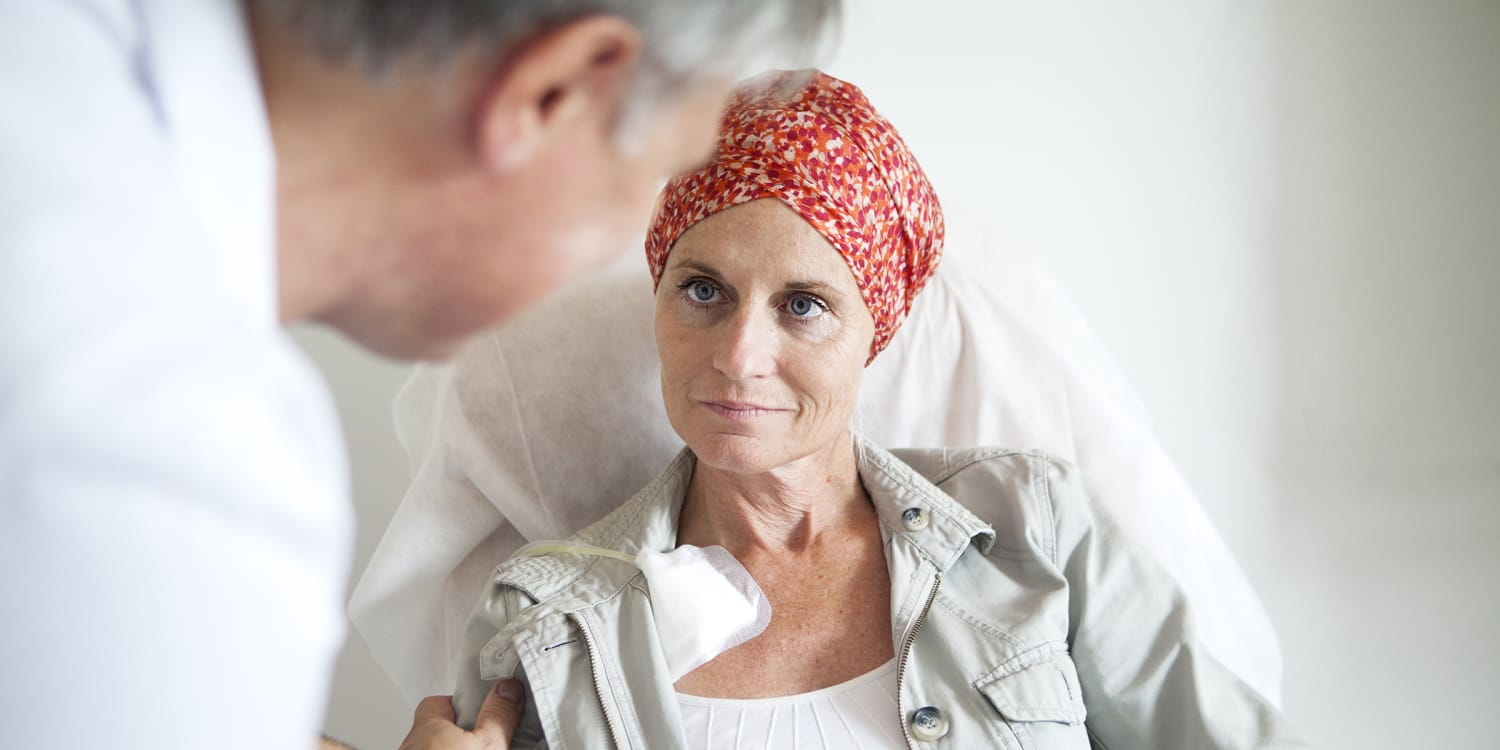
The COVID-19 pandemic will go in history as a devastating situation that affected every aspect of people’s lives across the world. It was taxing on people’s health physically and psychologically. The lockdown triggered financial issues. The coronavirus is still attacking, while the scientists and researchers are making progress in creating an effective vaccine to treat infection.
People with medical conditions are suffering because they are vulnerable to get infected. Cancer patients are at high risk because they can die after they get infected by coronavirus. In New Zealand and Australia, Radiation therapy services are available even in this COVID-19 situation. For more information about the oncology treatment, visit the Targeting Cancer website.
Cancer patients need to get familiar with coronavirus to avert the risk
Are all cancer patients at risk of getting COVID-19?
Cancer patients have a vulnerable immune system, so they are at high risk. Their defenses to combat the infection are lowered. People struggling with blood cancer, lung cancer, and cancer in an advanced stage or those undergoing chemotherapy are at high risk. Senior citizens struggling with heart disease high blood pressure or diabetes are also easily infected.
Symptoms from infection of coronavirus
Common symptoms of coronavirus are similar to general patients. It includes –
- Dry cough
- Fever
- Headache
- Muscle aches
- Fatigue
- Breath shortness
- Nausea & diarrhea
The symptoms occur between two days to two weeks, after exposure. The current data indicates that infected people can transfer the virus even before they experience any symptoms.
What are the preventative measures?
The preventative measures are similar to flu and the common cold. It includes –
- Wash hands frequently with water and hand wash, wherever possible
- Wear a mask when you go out and avoid touching your face without sanitizing your hands
- Cover mouth while coughing or sneezing with a tissue and dispose of it properly
- Avoid going out in public, if possible
- Stay away from those with respiratory symptoms
- Avoid public transportation
- Wash hands after you return home
- Avoid situations where you cannot keep a distance of about 6 feet.
[Six feet social distancing is a safety margin because an infected person’s sneeze or cough droplets can travel only 3 -feet]
What to do in case a cancer patient shows COVID-19 symptoms?
The cancer patient needs to contact their treatment center to report. The doctor will determine what kind of evaluation is needed and where must it be done. Several cancer treatment-centers direct symptomatic patients to specific labs for testing.
Will the cancer patient be at risk, if they visit the center for treatment?
Cancer clinics and centers have taken steps to minimize coronavirus transmission risk as much as possible. Some centers offer a virtual appointment in this COVID-19 situation to follow-up patients and assess new cases. In case the need arises after the teleconference, it will be addressed with an in-person assessment.
Can a cancer patient delay their treatment until after the pandemic?
It is the decision of the radiation oncologist. If radiation therapy is the patient’s primary curative treatment then efforts will be made to continue the treatment to take all the precautions. If appropriate, short treatment courses will get recommended to maintain safety and effectiveness.

